



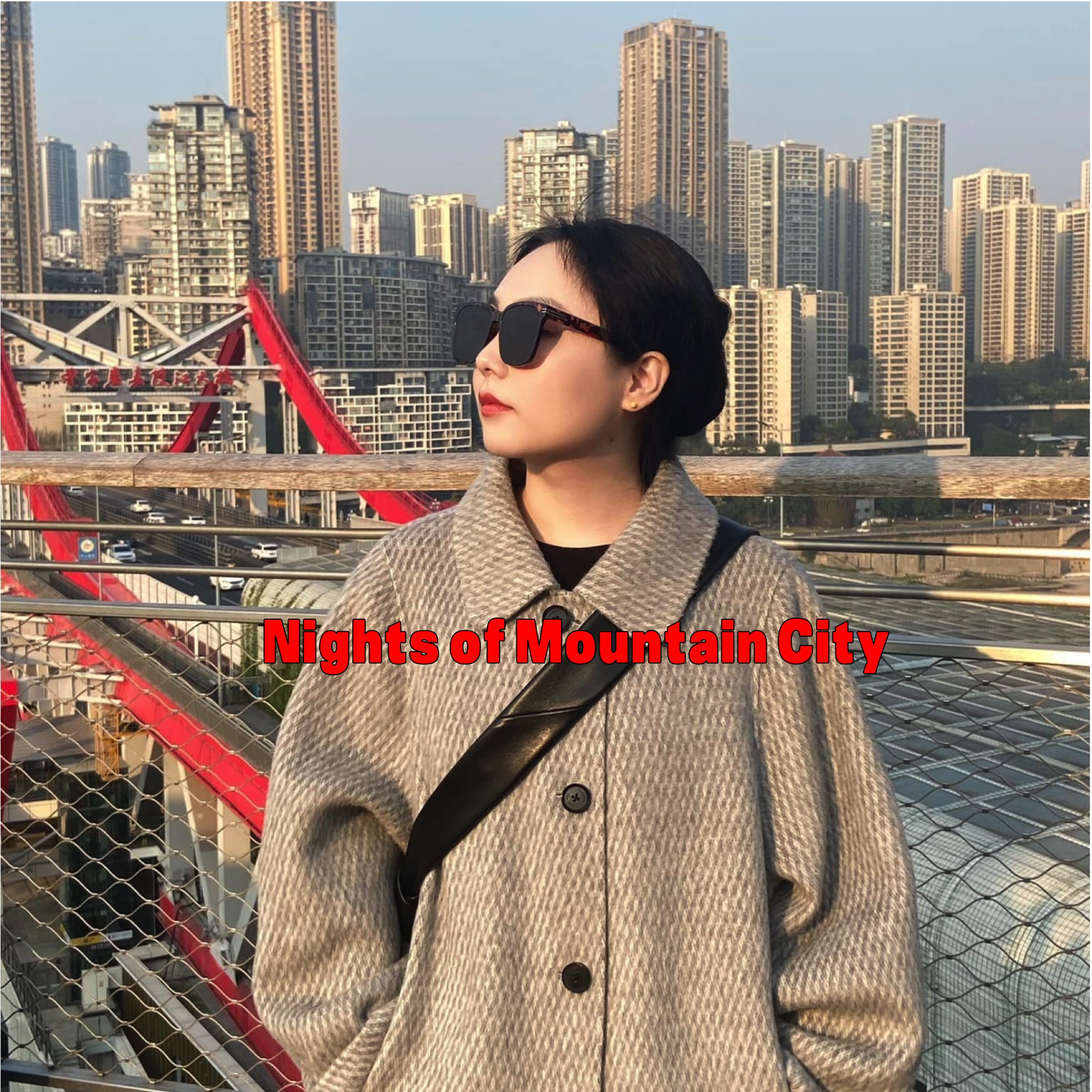
My City: A Chongqing Story
[Nights of Mountain City]
I am thrilled to present a project that explores the relationship between rural and urban areas, public spaces, and the Yangtze River in Chongqing, China.
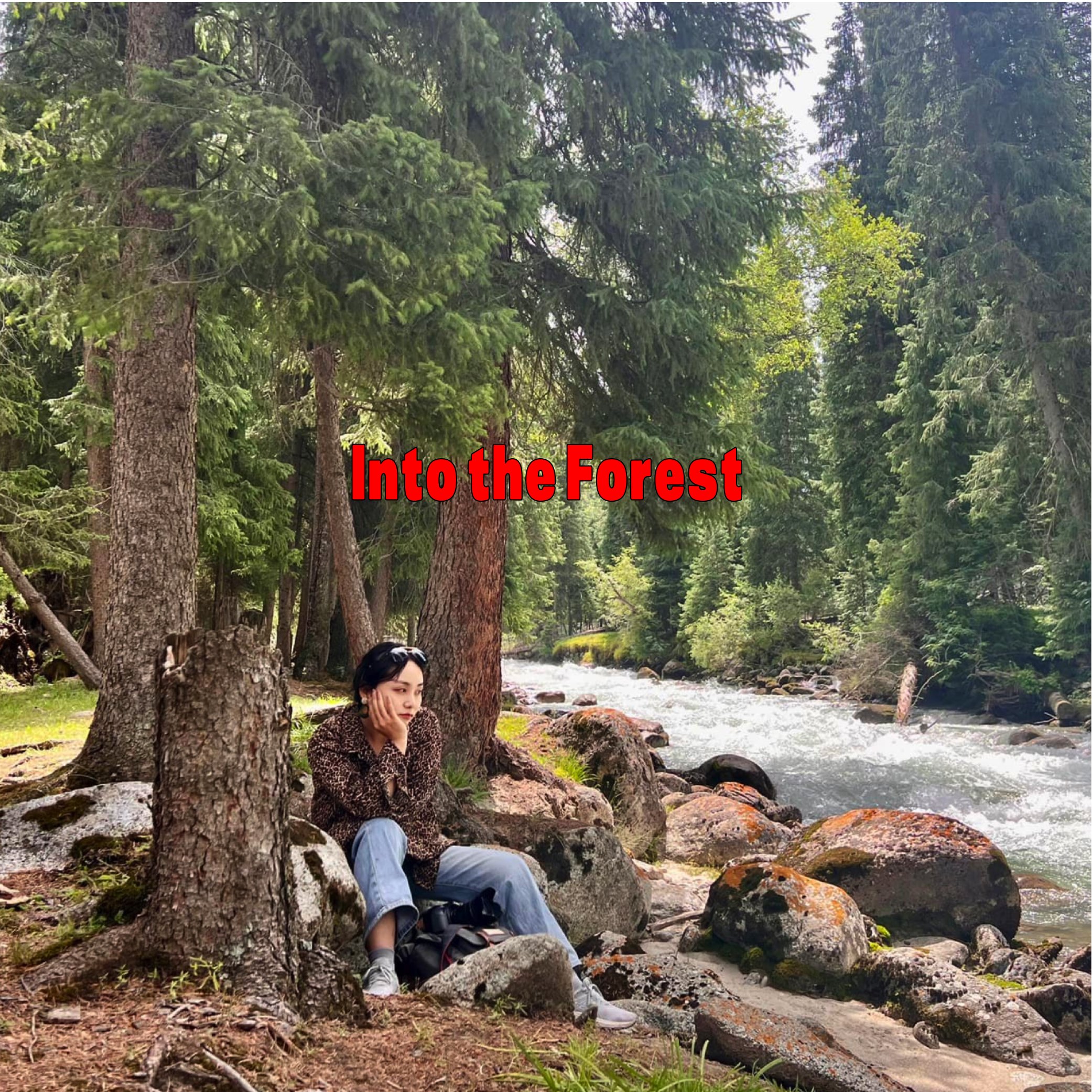
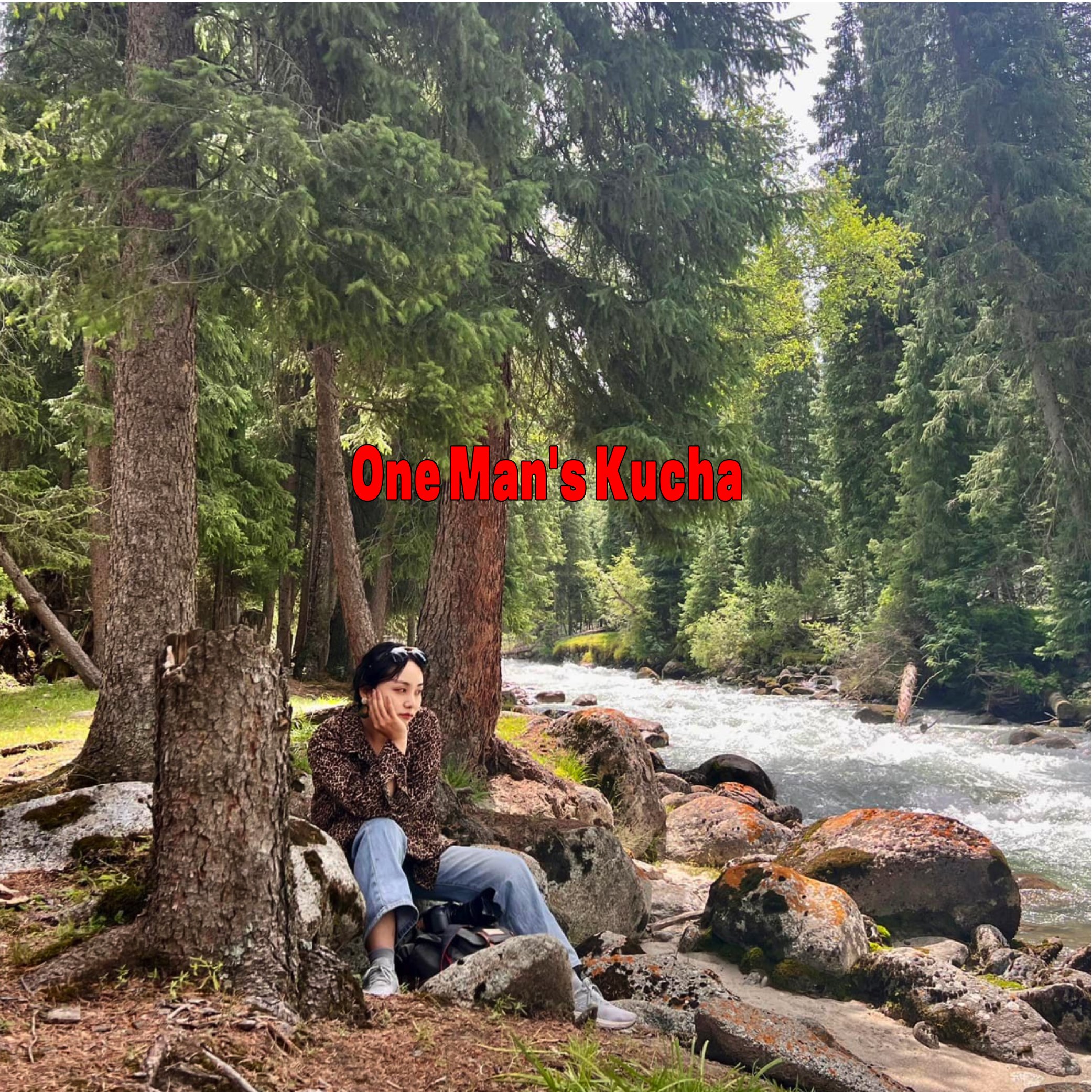
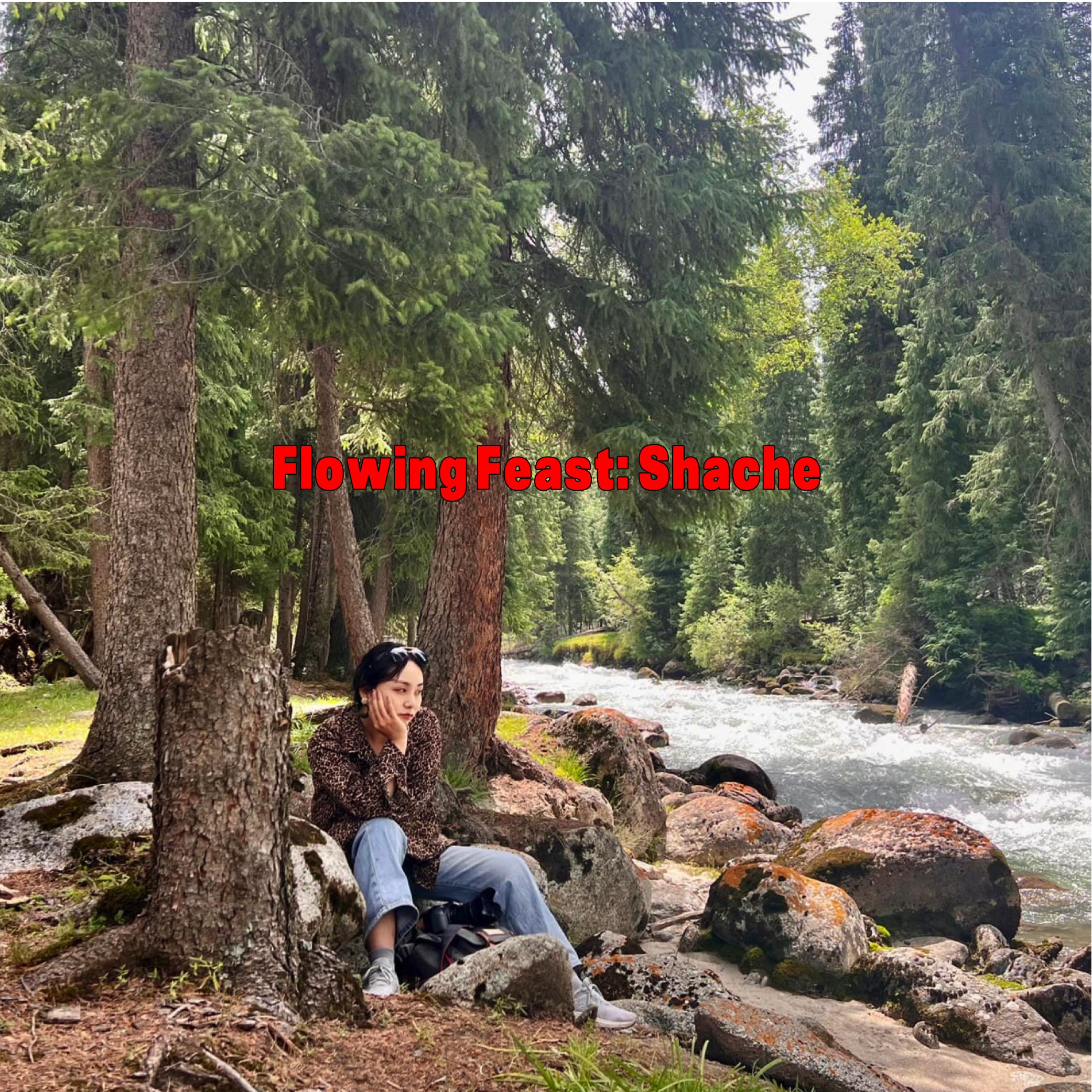
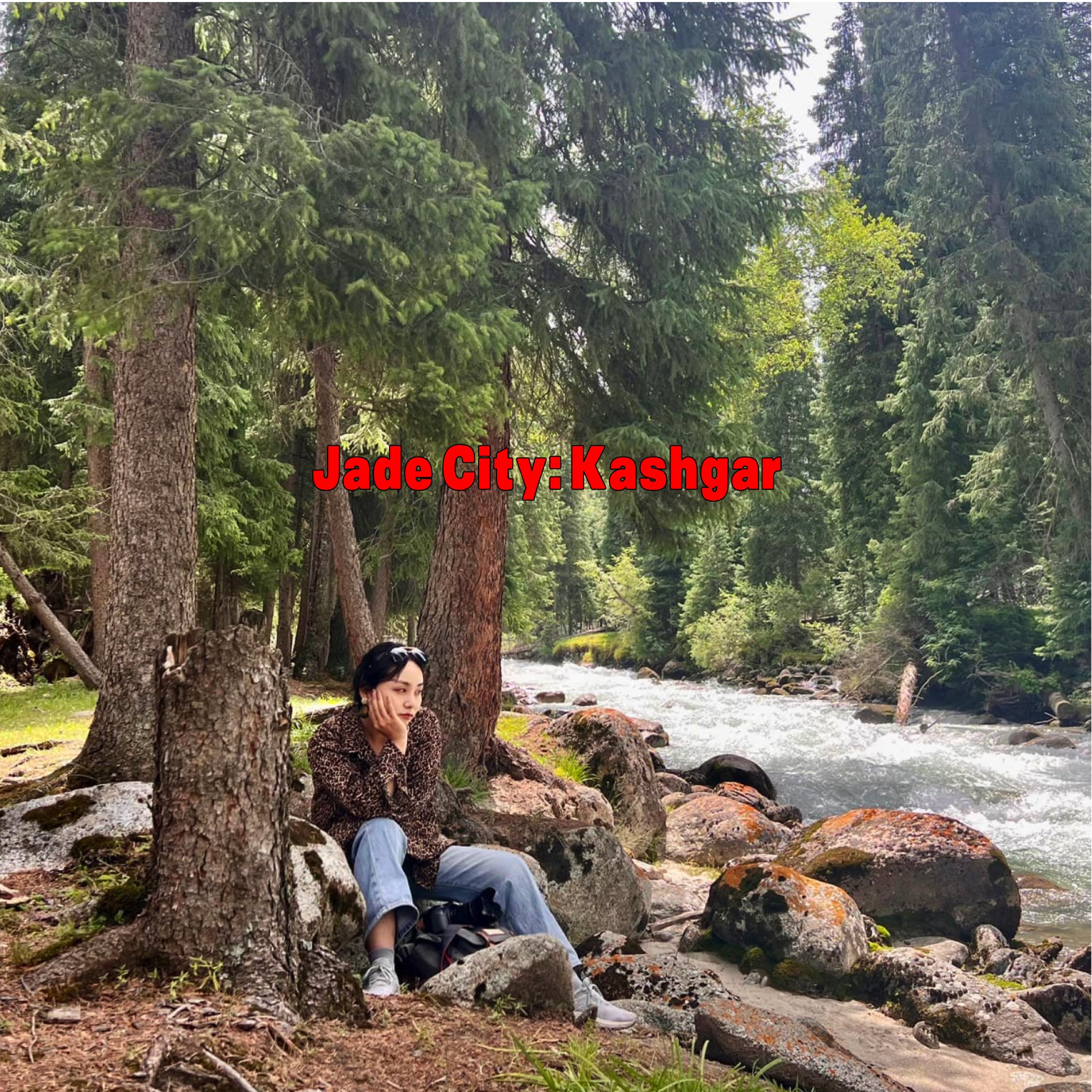
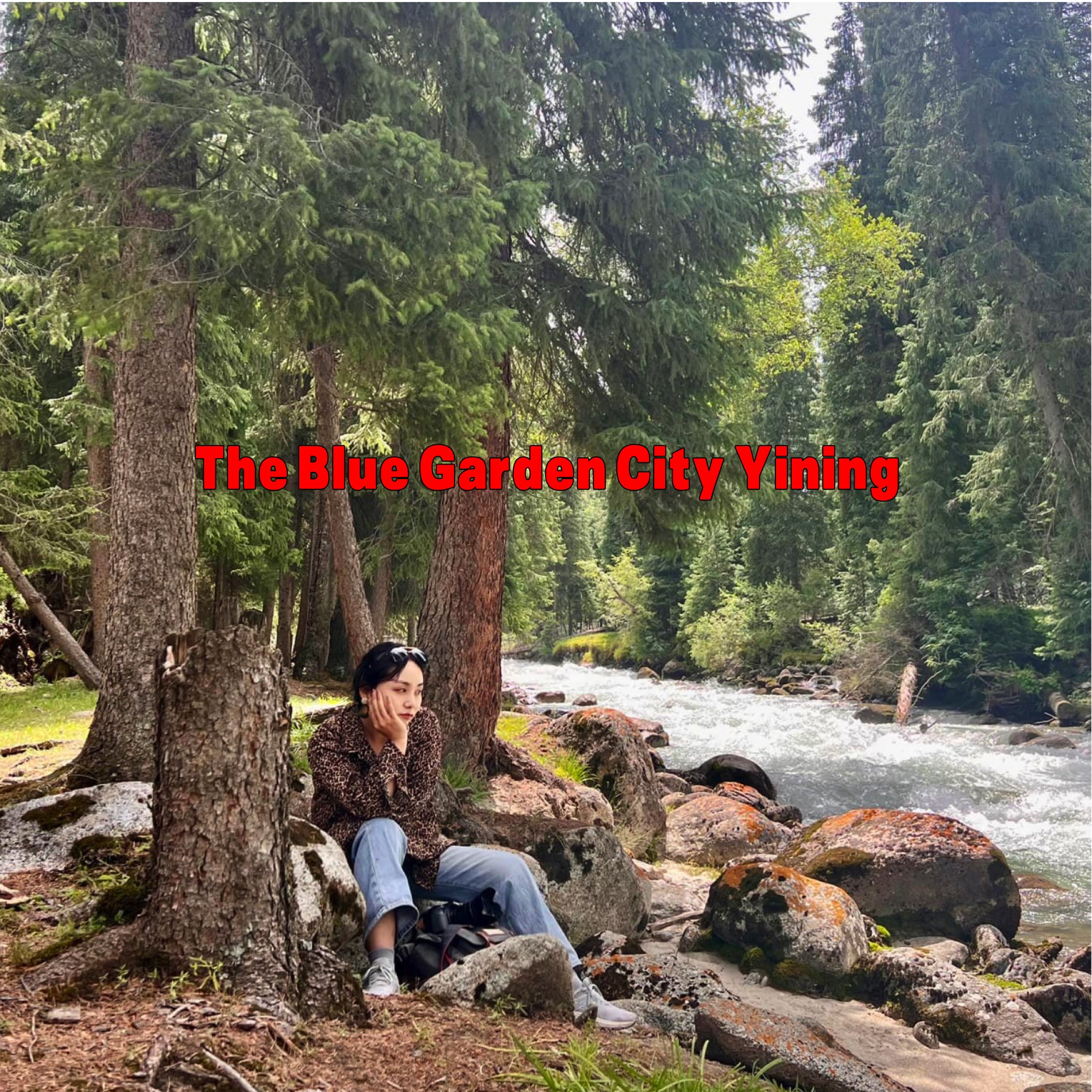
My Promised Land: Xinjiang
[The Blue Garden City Yining]
I was born in Xinjiang, China, a place of beauty and mystery, where I joyfully spent part of my childhood. As the sun rose and set, I gazed upon the land that had nourished my life, feeling a sense of awe and gratitude.
I have constantly been on the move, hastily packing my bags, feeling disoriented and uncertain about my identity and life's path. Little did I know that this nomadic existence would inadvertently expose me to the transient nature of life. Living amidst the bustling metropolises, my surroundings have become a cacophony of imposing skyscrapers, the ceaseless commotion of the masses, and the noxious fumes of vehicular emissions. There have been innumerable occasions where I failed to be truly moved by anything. It has been too long since I last paid attention to the gentle mooing of cows, beheld the majestic wingspan of an eagle soaring overhead, or savored the delicate scent of ripened fruits dangling from tree branches. It was during this realization that I made the resolute decision to return to Xinjiang.
Carrying my lemon-yellow suitcase, I embarked on a journey aboard the green train, traveling from the southwest to the northwest. Peering through the train's windowpane, I bore witness to a captivating metamorphosis of the landscape. The previously lush emerald foliage gradually gave way to a vast expanse of desert terrain, while the previously overcast sky revealed its vast and expansive nature.
Xinjiang, geographically divided by the Tianshan Mountains, comprises both northern and southern regions. The northern part is renowned for its majestic mountain grasslands and alpine lakes, while the southern part stretches extensively, characterized by deserts and the Gobi. I spent my childhood in the North, which resonated with a strong influence of Russian culture. Many would often express that the South felt like a completely different world.
During my time at Xi'an International Studies University, I enrolled in a Hindi Chinese translation course. In this class, the professor explored the significant contributions of Kumārajīva and Xuanzang in translating Chinese Buddhist scriptures. Kumārajīva, hailing from Kucha, a region in southern Xinjiang, and Xuanzang, who embarked on an arduous journey from Chang'an (modern-day Xi'an) through the southern part of Xinjiang to India in pursuit of Buddhist scriptures.
This journey led me to explore the southern regions of Xinjiang, including Kashgar, the Pamir Plateau, Shache, and Kucha. My spirit danced with excitement as I set foot on this southern land, knowing that legendary figures like Kumārajīva and Xuanzang once walked its paths. Wandering through the alleyways, passing by the vibrantly colored doors of houses, I unknowingly entered the secret garden of my heart, where vibrant hues shimmered under the brilliant sun's rays. Occasionally mistaken for a Uyghur girl by the locals because of my appearance, their perception swiftly changed upon hearing me speak.
After exploring the southern regions of Xinjiang, I returned to my birthplace, Yining, in the North. It's a charming blue city, where the scent of daleba permeates the air, and the melodious sounds of an accordion gracefully drift with the summer breeze.
Riding a blue bike through the crowded alleys, I chased the sunset, chatted with a Russian aunt about the peculiar weather, and attended a sunset wedding. These experiences awakened me and brought me back to my roots, reconnecting me with the land.
Looking through my photos of the landscapes, architecture, music, bazaars, and streets, I feel a sense of warmth and nostalgia. I hope that you too can experience the hot and obstinate beauty of the secret garden through my eyes and feel the same connection to the land that I do.